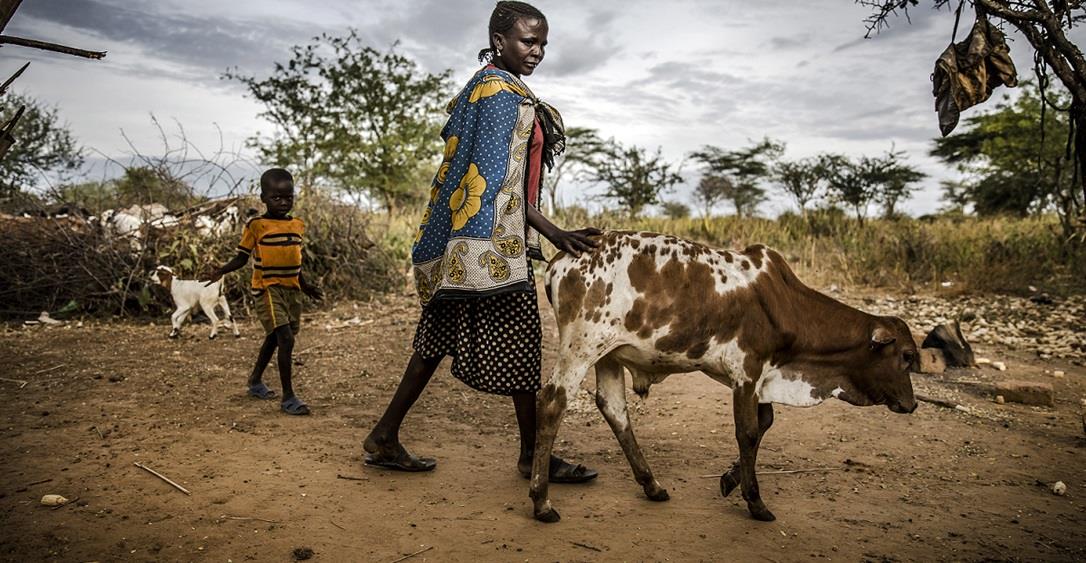It's not business as usual when it comes to agriculture and food security

It is more and more evident, that we can no longer think about agriculture and food security without simultaneously addressing the climate crisis. The Koronivia Joint Work on Agriculture is a landmark agreement under the United Nations Framework Convention on Climate Change (UNFCCC) which recognizes the unique role that agriculture can play in tackling climate change while considering the vulnerability of the sector to climate change and approaches to achieve food security (watch our animation about KJWA to find out more).
So far, countries and observers have met to discuss a number of topics including soil, methods for assessing climate change, water and nutrient use (find out more about the KJWA process here). The remaining two topics on livestock management and the socio-economic and food security dimensions of climate change will be discussed in October 2020 when Subsidiary Bodies of the UNFCCC meet in Bonn.
Livestock management and the socio-economic and food security dimensions of climate change
In the meantime, we spoke to agriculture experts who attended the third Koronivia Dialogue at FAO headquarters in September 2019, to find out more about the importance of sustainable livestock management and the socio-economic and food security dimensions of climate change.
What are some of the synergies and trade-offs when it comes to livestock production and climate change? How can we reduce livestock GHG emissions? Are technical interventions enough to tackle climate change? How important are social and institutional structures that strengthen the resilience of smallholders? These are just some of the questions that agriculture experts from around the world are seeking answers to.
It’s not livestock itself which is important for climate change, it’s how the livestock is raised, what technology is being put in there, how it interacts with the environment…”
“Agriculture cannot be done and food security cannot be addressed in the traditional way we’ve done it, it’s not business as usual.”
Supporting climate action on livestock through the Koronivia Joint Work on Agriculture
Over the coming months, FAO is supporting the development of a number of regional workshops in Africa and South and Central America to provide a space for countries to exchange knowledge and experiences related to the inclusion of livestock in national climate action and to discuss opportunities for win-win strategies in the livestock sector.
For more information about FAO and the Koronivia Joint Work on Agriculture and to keep updated about ongoing activities, visit our website or sign up to our newsletter here.
